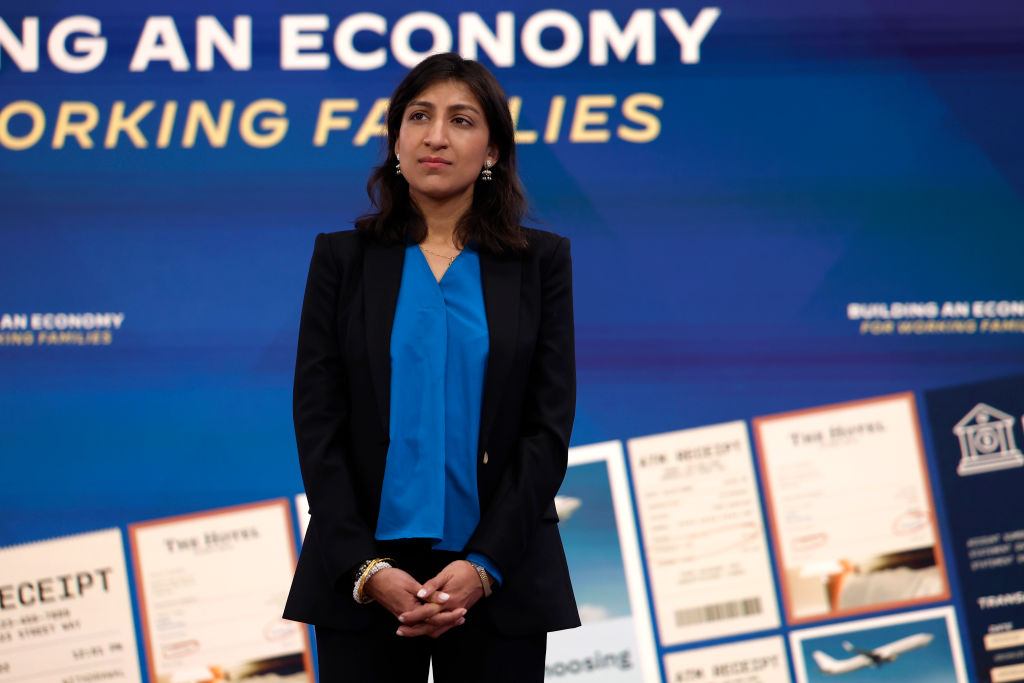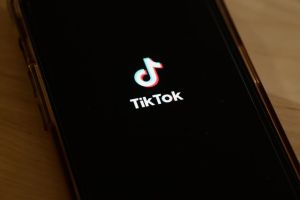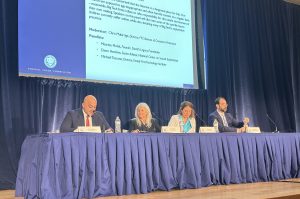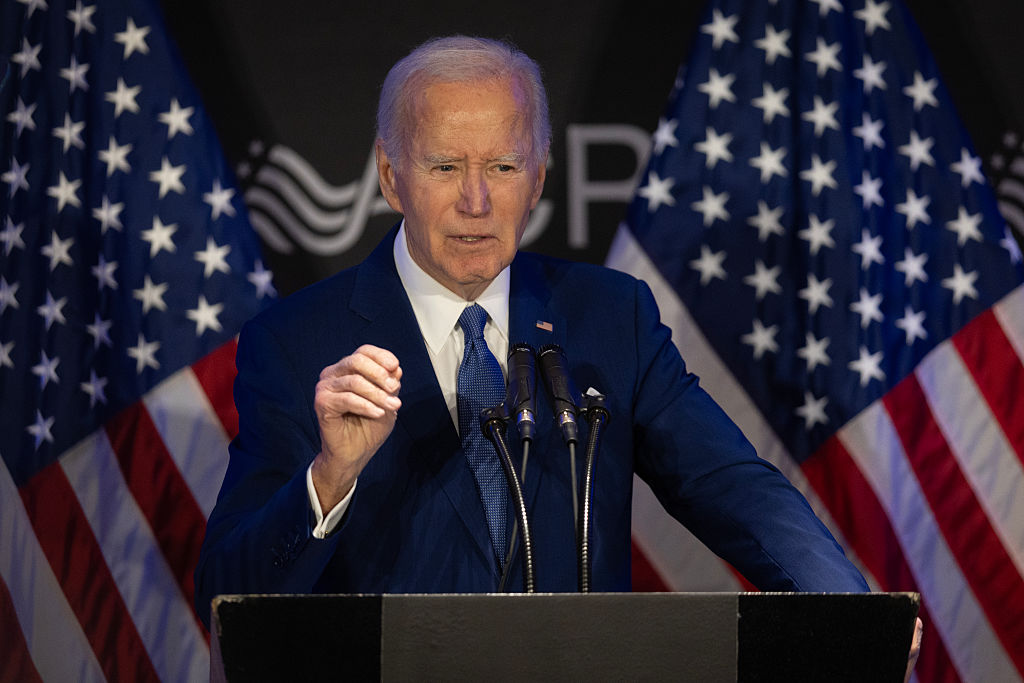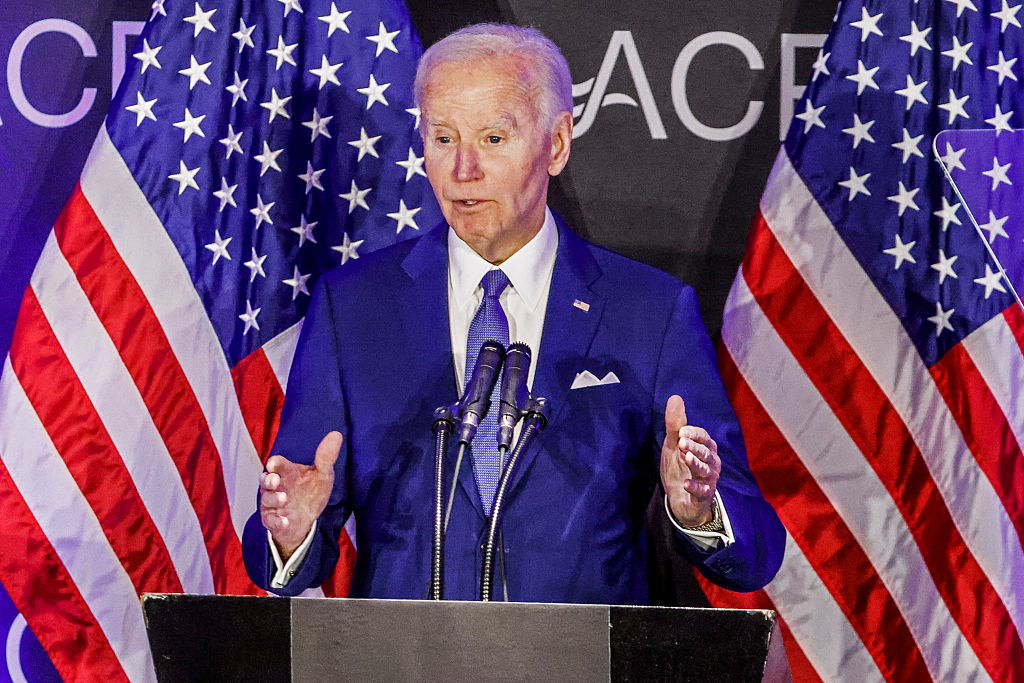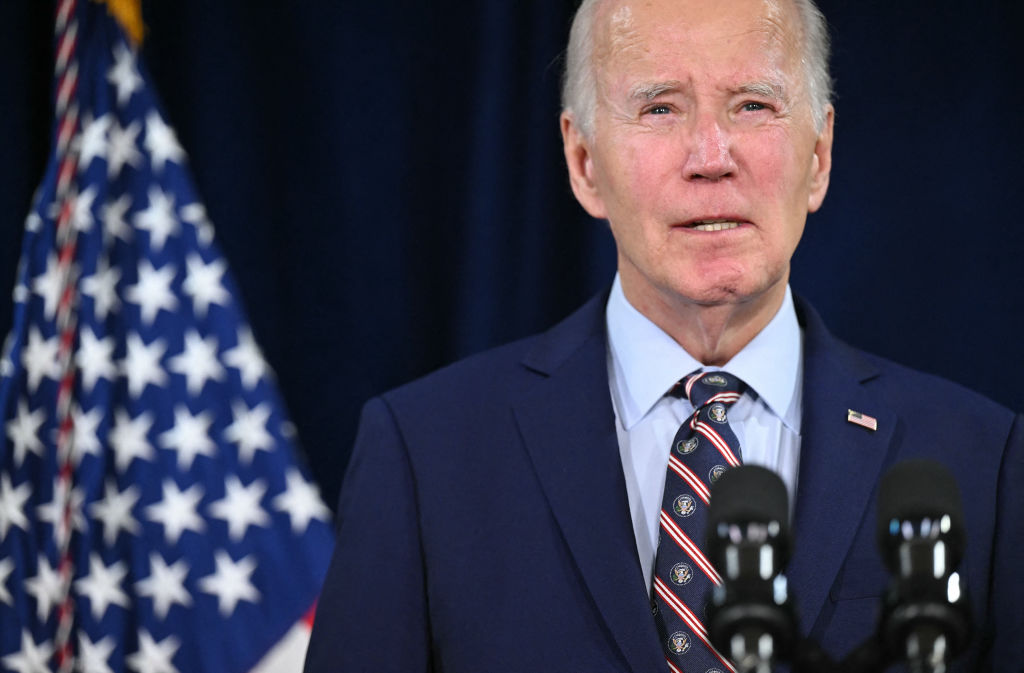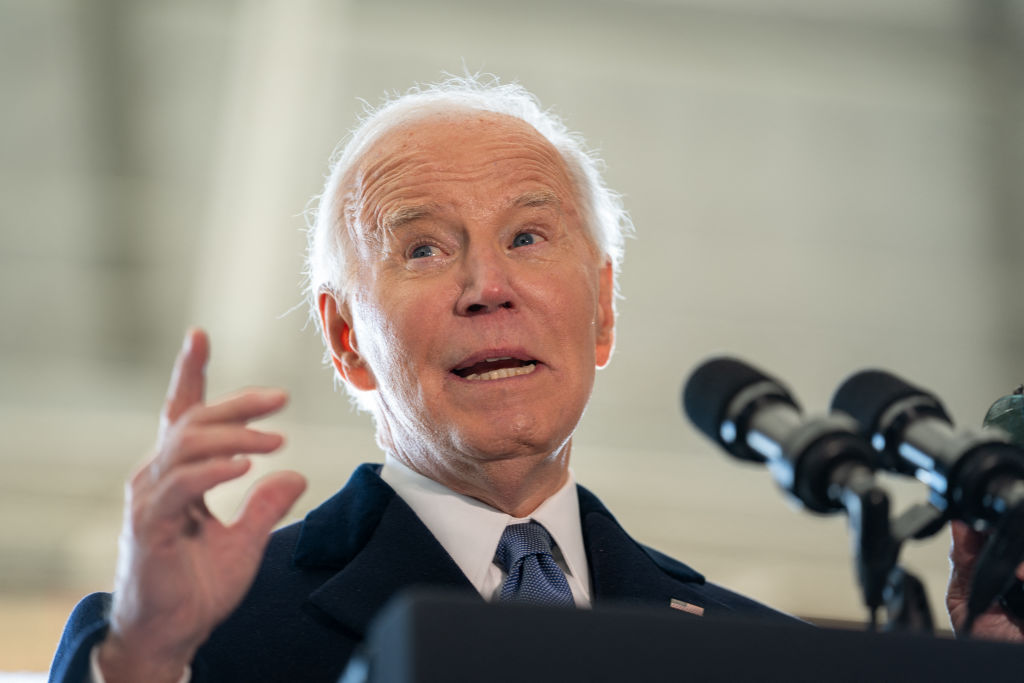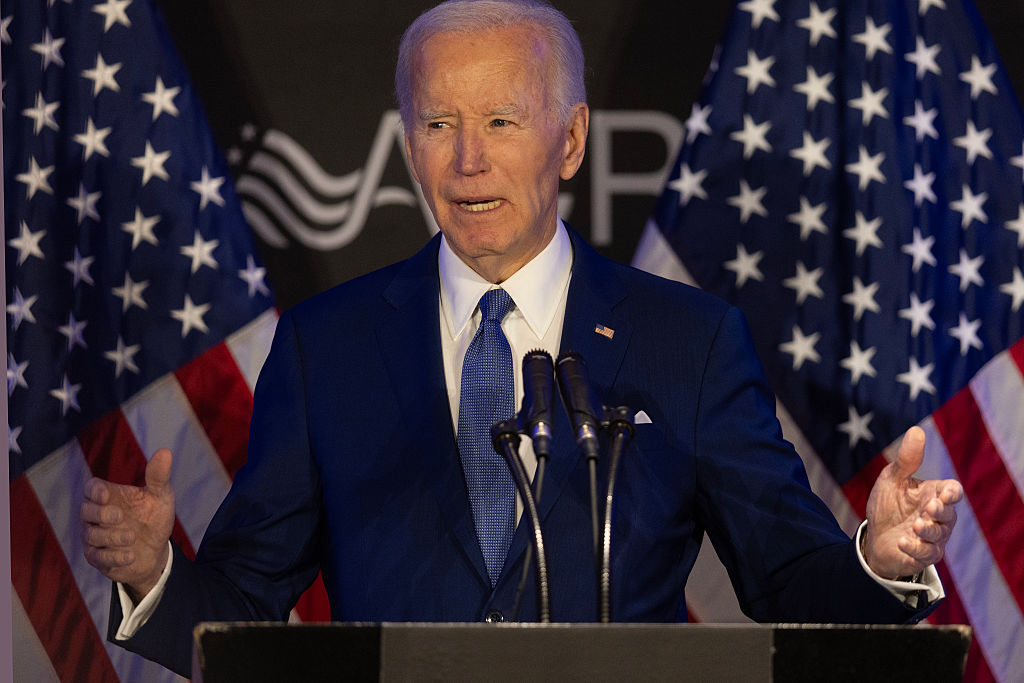“I promise you if I’m elected president, you’re going to see the single most important thing that changes America: we’re gonna cure cancer,” then-candidate Joe Biden pledged in 2019. Virtually no one believed him at the time — and his administration is both complicating this promise and allowing China to leapfrog American medical innovation, potentially exposing the most sensitive health data of anyone who relies on Chinese companies for early cancer detection.
Over halfway through his term in office, Biden’s own Federal Trade Commission, or FTC, is blocking a merger involving what advocates call a “cancer miracle” that could save up to 100,000 lives every year, concretely jeopardizing Biden’s already-unlikely promise to cure cancer.
Lina Khan, the chair of the FTC, stands in the way of a merger between Illumina, a leader in manufacturing gene sequencing machines, and Grail, a former spinoff of Illumina that is pioneering early detection of around fifty of the deadliest cancers with a blood sample. Grail’s name is no coincidence. Its backers, including Bill Gates and Jeff Bezos, hope it is the Holy Grail of early cancer detection.
In announcing its ruling, the FTC’s disdain for Illumina is masked in antitrust terminology: “Letting competition spur through innovation among [multi-cancer early detection] test providers would do more to save lives than allowing a monopolist to vertically integrate and capture the market.”
The reality is that Khan’s disdain for all things “Big” is distorting reality. “Her ideological bias is getting in the way of what’s good for consumers in this case, and the fact is that Illumina is to Grail what Verizon or AT&T is to cable,” Dr. Bob Goldberg, co-founder of the Center for Medicine in the Public Interest, told The Spectator. “It’s a platform for delivering content. The analysis takes place within Grail. Grail is not the only customer for Illumina’s services, so this is not like back in the day when the Department of Justice [went after Microsoft on antitrust grounds].”
Joe Grogan, visiting senior fellow at the University of Southern California’s Schaeffer Center for Health Policy and Economics, said that the FTC’s actions are directly complicating Biden’s cancer moonshot pledge. One of the best ways to “cure cancer,” as Biden pledged to do, is early prevention, which Grail facilitates.
Grogan, who ran the Domestic Policy Council during the Trump administration, called Khan a ‘commie’
Grogan, who ran the Domestic Policy Council during the Trump administration, called Khan a “commie” and said that her “contempt for the free market,” not belief in sound science, is what’s holding back mergers that would benefit consumers. “This is a technology that could get crushed if the merger doesn’t take place,” he said.
Meanwhile, Chinese companies are more than willing to step in and fill the void. While the FTC is dragging its feet, the Food and Drug Administration, or FDA, just granted breakthrough device designation to Singlera Genomics, a Chinese company, that also conducts early cancer screenings.
Like Grail, Singlera is champing at the bit to dominate the market for early cancer detection tests. But while Khan’s FTC drags its feet, the FDA is allowing Singlera to step into the vacuum created by Khan’s regulations. As a Chinese company, it is subject to Chinese law that requires it to share any data with the government whenever asked. When a Chinese company fully purchased the gay dating app, Grindr, for example, those working inside the company feared that the Chinese government would gain access to the HIV statuses of US military members.
“If you think TikTok is a national security threat, just wait till the Chinese have our genetic information,” Goldberg said. “You can learn a lot from the methylation patterns in the blood.”
Grogan, who’s spent years working in the biopharmaceutical world, said that Khan is undermining what gives American companies an advantage over their Chinese counterparts, namely their flexibility and ability to harness profit motives. Under Khan’s “classic central planning irrationality,” problems quickly arise. At this rate, he said, “we’re going to get our ass kicked by the Chinese; they’re better central planners than we are.”
However, Americans don’t have to be at the mercy of Chinese companies when they want to have early cancer screenings. Many who have either already directly benefited from Grail’s technology, or who wish their loved ones had had access to it, have taken to the pages of the Wall Street Journal to urge Khan to reverse her position.
“Ms. Khan’s bureaucratic blocking of Illumina’s acquisition of Grail has deadly real-world consequences,” one wrote. Another called her actions “callous and cruel.” One woman, who lost her husband and two close friends to pancreatic cancer, wrote that “it would have been difficult to explain Ms. Khan’s logic to my two teenagers when their Dad died less than six months after his diagnosis.” Pancreatic cancer is particularly deadly because it is normally diagnosed too late to be properly treated; technology like Grail allows it to be detected in earlier stages, giving proper time for treatment.
‘If you think TikTok is a national security threat, just wait till the Chinese have our genetic information’
These pleas, though, may fall on deaf ears. Khan has quickly emerged as a top foe of Big Tech, Big Oil and all things “Big” — that now includes Big Cancer Detection Screenings. In order to block the merger, Khan overrode a ruling from the FTC’s in-house administrative-law judge, leading many to believe that she’s dug in. The consequences go beyond just the future of Illumina and Grail. Grogan said that the FTC’s actions have “the potential to dry up investment in this area and innovation” more broadly.
While Khan is the immediate roadblock for the Illumina merger, Grogan sees hostility towards American medical innovation coming throughout the administration. “All of Biden’s political appointees — FTA, CMS, HHS, FTC — are making a mockery of the cancer moonshot,” he told The Spectator.
Khan’s anti-monopoly rhetoric probably sounded great in her academic career (her essay, “Amazon’s Antitrust Paradox,” is one of the reasons she was nominated to run the FTC), but it has massive practical consequences for Americans, and ultimately anyone in the world, who wants access to early cancer screenings.
One patient advocate told The Spectator: “Lina Khan is abusing her power and, in this case, stopping the private sector from saving lives and stopping disease. Either she loses, or millions of patients do.”



